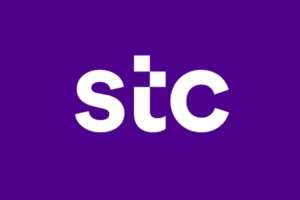HP and Intel have hit back against Oracle’s decision to cease software development for the Intel Itanium processor.
Late on Tuesday, Oracle announced that it was stopping development for the Itanium architecture, after Intel executives had apparently said that Itanium was near end of life.
In a statement released on Wednesday, Intel denied Oracle’s claims, saying that there is still a long road map for the Itanium in development.

Paul Otellini, president and chief executive officer, Intel Corporation said: “Intel’s work on Intel Itanium processors and platforms continues unabated with multiple generations of chips currently in development and on schedule. We remain firmly committed to delivering a competitive, multi-generational roadmap for HP-UX and other operating system customers that run the Itanium architecture.”
HP dismissed Oracle’s statement as a “shameless gambit to limit fair competition”.
While HP is the only major hardware vendor that is still supporting the Itanium processor, running its HP-UX operating system, the company said that Oracle’s withdrawal of development for Itanium was intended to prop up its rival Sun server business, against HP’s Itanium-based servers.
Dave Donatelli, executive vice president and general manager, Enterprise Servers, Storage and Networking, HP commented: “Oracle continues to show a pattern of anti-customer behavior as they move to shore up their failing Sun server business. HP believes in fair and honest competition. Competition is good for customers, innovation and the marketplace. We are shocked that Oracle would put enterprises and governments at risk while costing them hundreds of millions of dollars in lost productivity in a shameless gambit to limit fair competition.”
The HP press statement continued that Oracle was concerned over losing market share to HP, claiming that internal analysis of market data showed HP taking second place in the Unix market, with Oracle slipping to third, since its takeover of Sun Microsystems.
The statement added: “It is clear that Oracle customers are voting with their purchasing decisions against the Sun platform. This latest Oracle action of disinformation is clearly an attempt to force customers into purchasing Sun servers in a desperate move to slow their declining market share.”
HP has had the majority share of Itanium-based server shipments for several years, mainly targeting enterprise customers. While software companies Microsoft and Red Hat, have both said that their current operating systems which support Itanium, Windows Server 2008 R2 and Red Hat Enterprise Linux 5 respectively, will be the last to do so, HP said that it remains committed to Itanium.
The hardware vendor said it would continue development of its Itanium-based HP-UX Integrity server line, and will continue to support HP customers running existing versions of Oracle software on Integrity servers.
June 4, 2025











